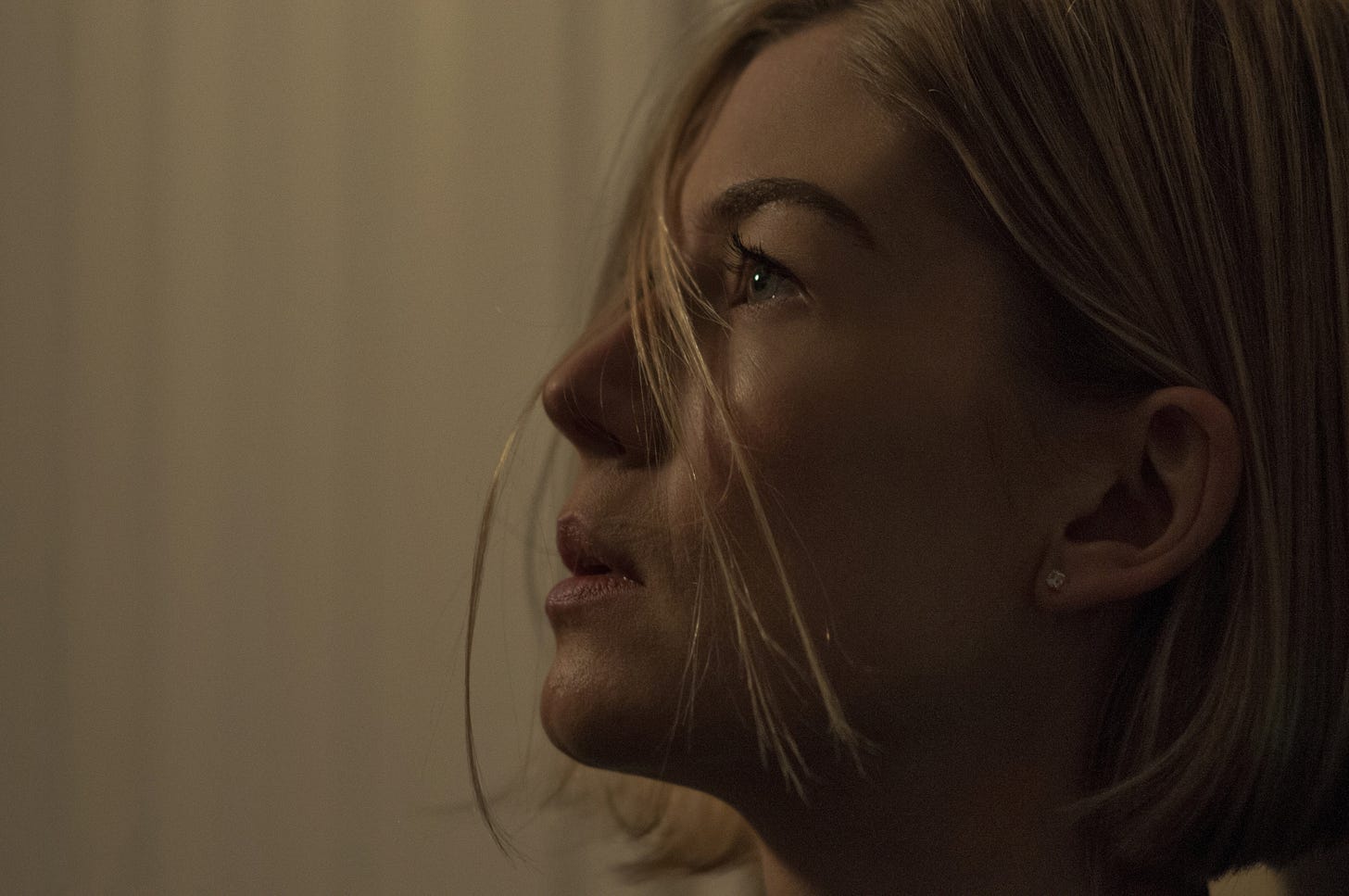Confession: i used to treat dating like an extended interview for the role of “girlfriend”.
You know the one: cool, low-maintenance, smart but not intimidating, sexy but not trying too hard. The kind of woman who likes sport (just enough), has great hair, and never double texts.
i wasn’t falling in love. i was auditioning.
Not for connection, but for approval. For that magical moment when someone looked at me across the coffee shop, or from sliding into my messages, and silently thought: you, you’re the right amount of everything.
And once i noticed it, i couldn’t unsee it.
Performance mode: activated.
i started noticing the edits. The curation, the little tweaks. The way i waited ten minutes to read a message so i wouldn’t look too eager. The sparkly heels that made me taller even though they shredded my feet. The approving nods when listening to opinions i disagreed with. The laughter at jokes that didn’t land.
It wasn’t about enjoying someone else. It was about being enjoyable.
At the core of it: i wanted to be wanted.
Picked. Selected. Chosen.
Not for who i was, but for how well i could play the part.
This wasn’t necessarily conscious; more like a background app that was always running. You probably know the one. It whispers: don’t be too much, don’t be too eager. Make them think they’re winning you.
Which is wild, because it turns romance into a competitive sport. We’re not opening up. We’re pitching.
The gaze never left, it just changed shape.
The author bell hooks once wrote:
“the wounded heart learns self-protection.”
For most of us, performing in relationships isn't about manipulation, it’s about survival. It’s about managing how we’re perceived so we don’t get hurt. So we’re not “too much”, or “not enough”, or “too intense for a situationship”.
And if you were raised in a culture that conditions you to seek approval through likeability, beauty, or emotional labour, then you may already know this: it’s not just about finding love. It’s about being cast in the story of someone else’s fantasy.

There’s even a name for it: cool girl syndrome, popularised (and poked fun at) by Gillian Flynn in Gone Girl:
“being the cool girl means i am a hot, brilliant, funny woman who adores football, poker, dirty jokes, and burping, who plays video games, drinks cheap beer… and jams hot dogs and hamburgers into her mouth like she’s hosting the world’s biggest culinary gang bang while somehow maintaining a size 2…”
Sound familiar? It’s a trap masquerading as empowerment.
Love ≠ being chosen.
There’s another quote by bell hooks in All About Love that i come back to again and again:
“love is an act of will—namely, both an intention and an action… we do not have to love. We choose to love.”
It cracks something open every time i read it.
Because if love is a choice (not a prize) then why do we act like it’s something we win by being the best version of ourselves? Why do we treat dating like it’s the hunger games of emotional availability?
To be chosen is not the same as being loved. You can be selected, pursued, even adored, and still never feel truly seen. You know i’m right.
Keep reading with a 7-day free trial
Subscribe to ANTiPODE to keep reading this post and get 7 days of free access to the full post archives.




